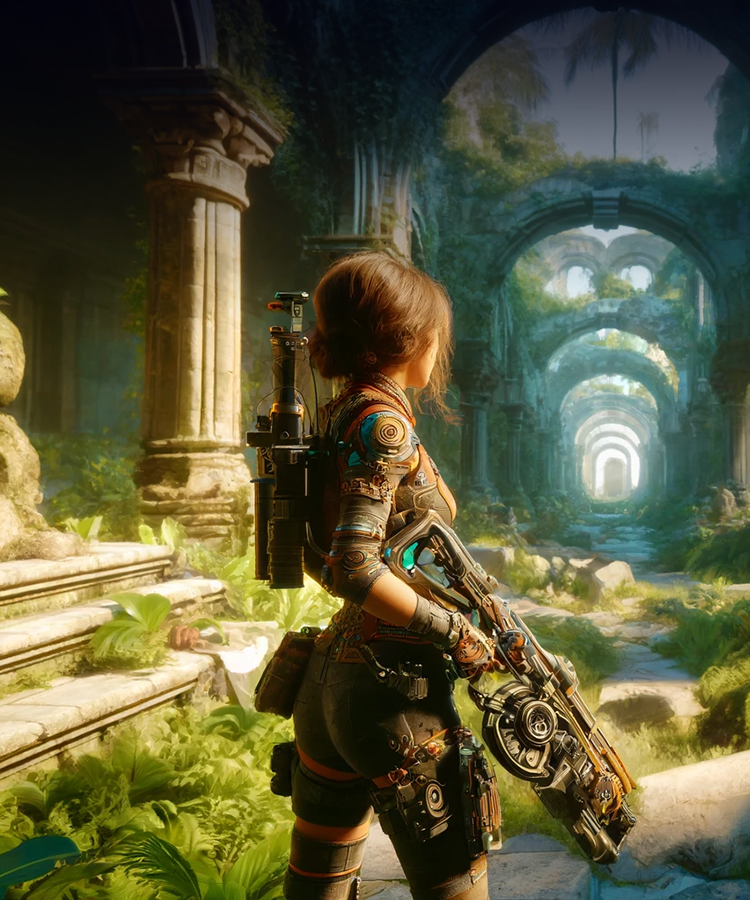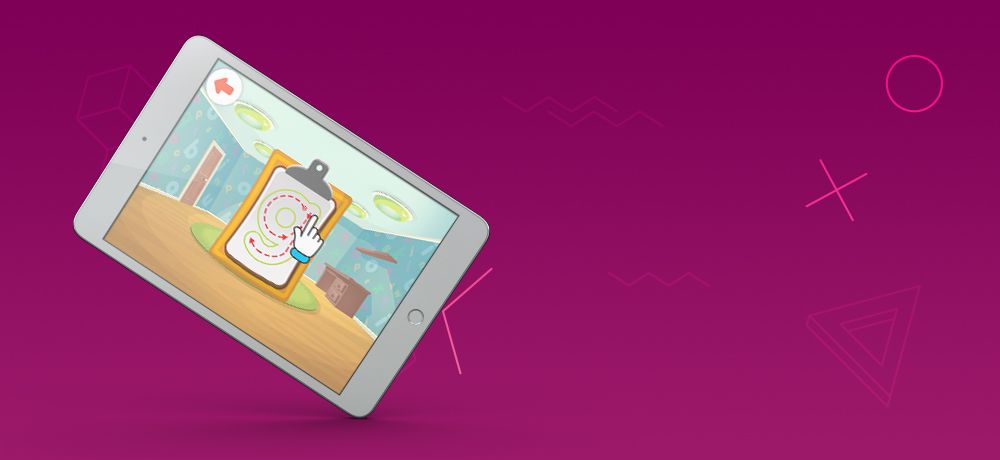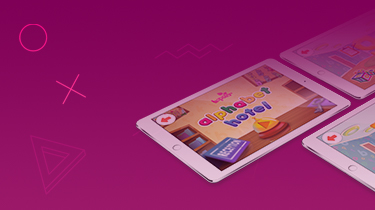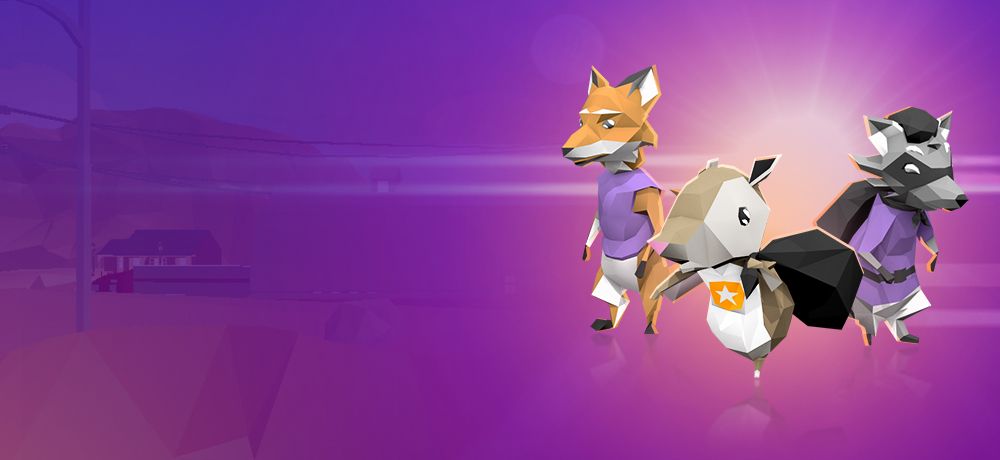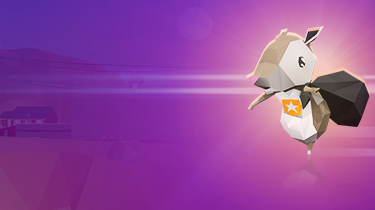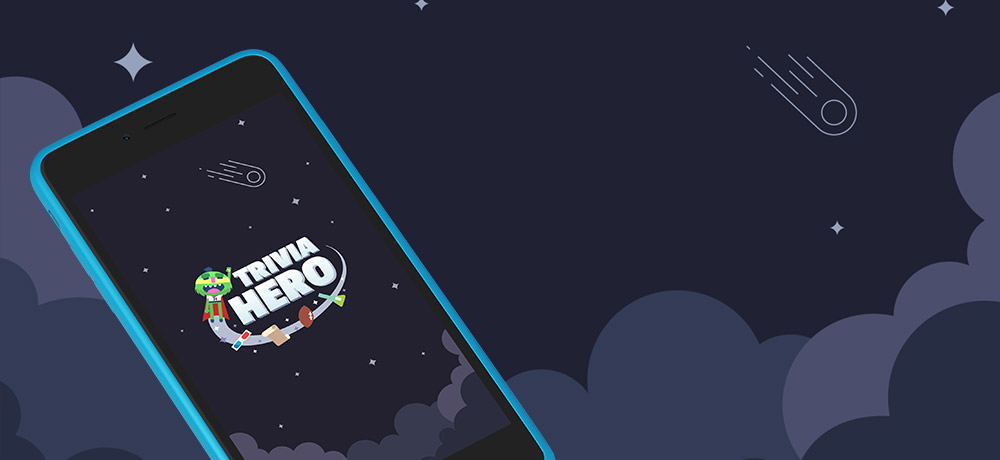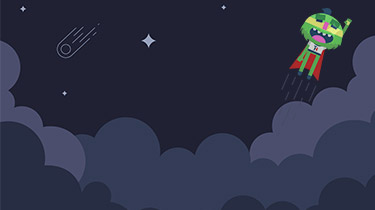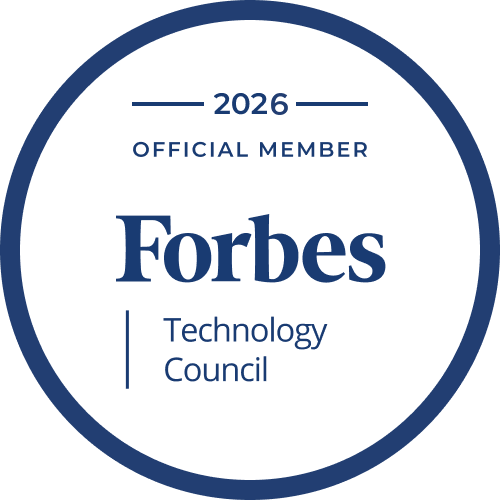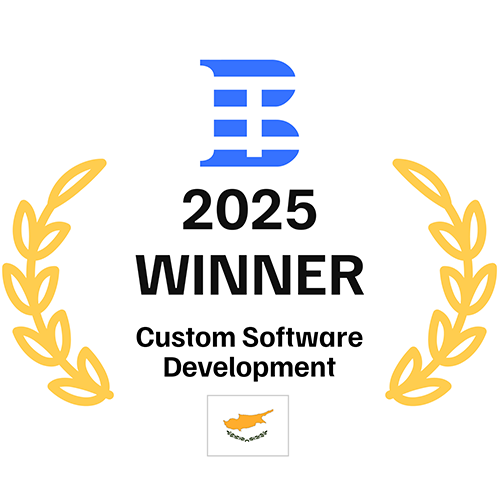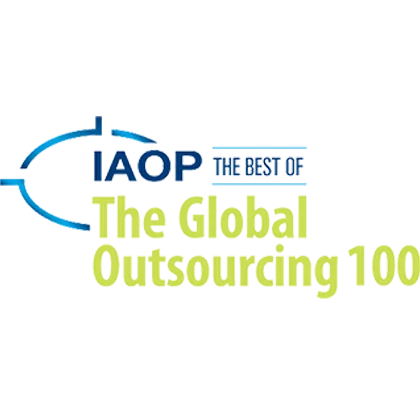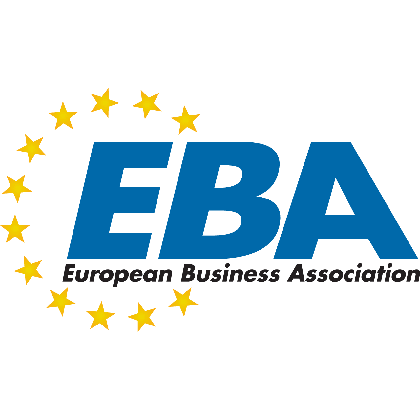Unity is a popular choice for developers worldwide because of its exceptional capabilities, including its adaptability in managing both 2D and 3D game production. The engine's extensive feature set and toolkit address the special requirements of both 2D and 3D game creation, enabling developers to create a wide range of engaging gaming experiences.
Unity excels in the field of 2D game creation because to its specialized 2D engine. This engine offers 2D-specific tools and workflows, which streamline the development process. One tool that Unity offers is a Sprite Editor, which is useful for managing and producing 2D graphics. With the help of this editor, developers can quickly work with sprites, make animations, and improve the performance of their game materials.
In order to create fluid and captivating animations for 2D game development, Unity also has a strong animation framework. With the help of a timeline and keyframes, the technology enables the production of intricate animations that can be used to animate every part of the game, including character movements and environmental changes.
The Tilemap tool in Unity is revolutionary for level design. With its tile-based editing and creation capabilities, developers may quickly construct and modify 2D levels with backgrounds, platforms, and landscapes. With the help of this tool, level design may be completed more quickly while maintaining visual coherence and consistency across the entire game.
Additionally essential to the creation of 2D game effects in Unity are particle systems, which enable the production of fire, smoke, and explosions. Because of these systems' great degree of customization, developers can produce original and eye-catching effects that improve the game experience.
When it comes to 3D game production, Unity's abilities are similarly precise. Developers can easily integrate 3D models made in external software because the engine supports various 3D modeling tools and import options. These models look amazing thanks to Unity's rendering capabilities, which offer sophisticated lighting, shading, and post-processing effects.
The physics engine in Unity is essential to the creation of 3D games. It offers accurate physics simulations and collision detection, which are necessary for building realistic 3D worlds. Unity's physics engine does a realistic and accurate job of simulating various phenomena, such as gravity, friction, and complicated interactions between objects.
Unity provides good character rigging and animation support. The engine allows developers to import and use rigged and animated figures in their games because it connects with popular 3D animation tools. This connection guarantees that animations appear natural and flowing in the gaming environment while streamlining the workflow.
Another component that greatly aids in 3D game production is Unity's camera system. It enables programmers to design intricate camera angles and movements, which are necessary to produce an engaging 3D experience. Unity's camera system allows you to capture the game world in various interesting ways, from first-person viewpoints to wide panoramic panoramas.
Unity's C#-based scripting system is essential to 2D and 3D creation. It offers the reasoning and interaction that are necessary for each game. Unity's scripting environment is strong and developer-friendly, making it easy to design intricate gameplay elements, manage game states, and control character movements.
Additionally, Unity's asset marketplace is a veritable gold mine for creators of 2D and 3D games. It provides a wide range of assets, such as models, textures, scripts, and complete project templates, all of which can greatly expedite the creation and serve as inspiration.
In summary, Unity's extensive feature set, support ecosystem, and toolkit enable it to handle both 2D and 3D game production easily. Because of its adaptability, developers can create a wide range of gaming experiences independent of the number of dimensions.
Reach out to us if you are thinking about using Unity for your 2D or 3D project and are considering making a game. Our dual-dimensional Unity development experience guarantees that your idea is executed with the utmost quality and originality.




